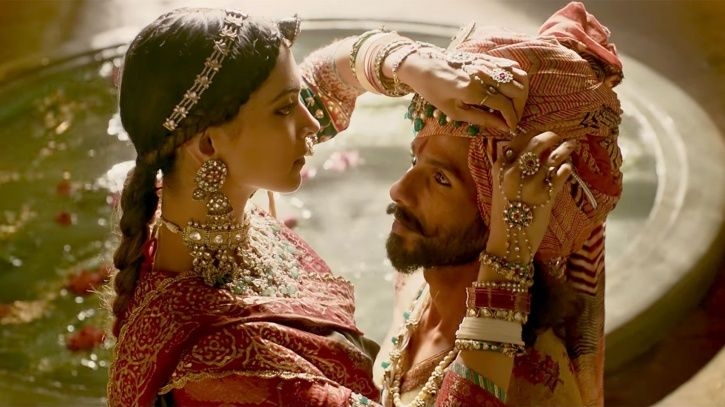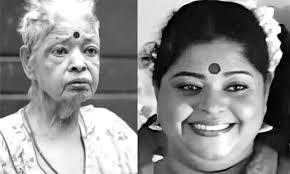All those agitating over how Sanjay Leela Bhansali’s Padmaavat would trample all over Rajput pride, you may rest easy: the director didn’t need a memo from the Karni Sena and all the other self-styled ‘armies’ on keeping it ‘sanskaari’ – his entire film is a relentlessly opulent, magnificently-mounted paean to Rajput ‘aan baan shaan’.
Here’s how it goes, just in case you are one of those rare people who haven’t been breathlessly following the film’s troubles: the Rajput king Ratan Singh (Kapoor) is the hero, the Muslim invader Alauddin Khilji (Singh) is the villain, and the object of their mutual adoration is the utterly gorgeous Padmavati, who will always and forever be a good Indian girl, and later, wife. When we see her first, she is fleet of foot and clear of eye, a joyous free spirit who has a will of her own. She ends up committing ‘jauhar’, her life and death circumscribed by male notions of honour.
All those agitating over how Sanjay Leela Bhansali’s Padmaavat would trample all over Rajput pride, you may rest easy: the director didn’t need a memo from the Karni Sena and all the other self-styled ‘armies’ on keeping it ‘sanskaari’ – his entire film is a relentlessly opulent, magnificently-mounted paean to Rajput ‘aan baan shaan’.
Here’s how it goes, just in case you are one of those rare people who haven’t been breathlessly following the film’s troubles: the Rajput king Ratan Singh (Kapoor) is the hero, the Muslim invader Alauddin Khilji (Singh) is the villain, and the object of their mutual adoration is the utterly gorgeous Padmavati, who will always and forever be a good Indian girl, and later, wife. When we see her first, she is fleet of foot and clear of eye, a joyous free spirit who has a will of her own. She ends up committing ‘jauhar’, her life and death circumscribed by male notions of honour.










276.jpeg)

18.jpeg)
339.jpeg)
622.jpeg)
32.jpeg)








